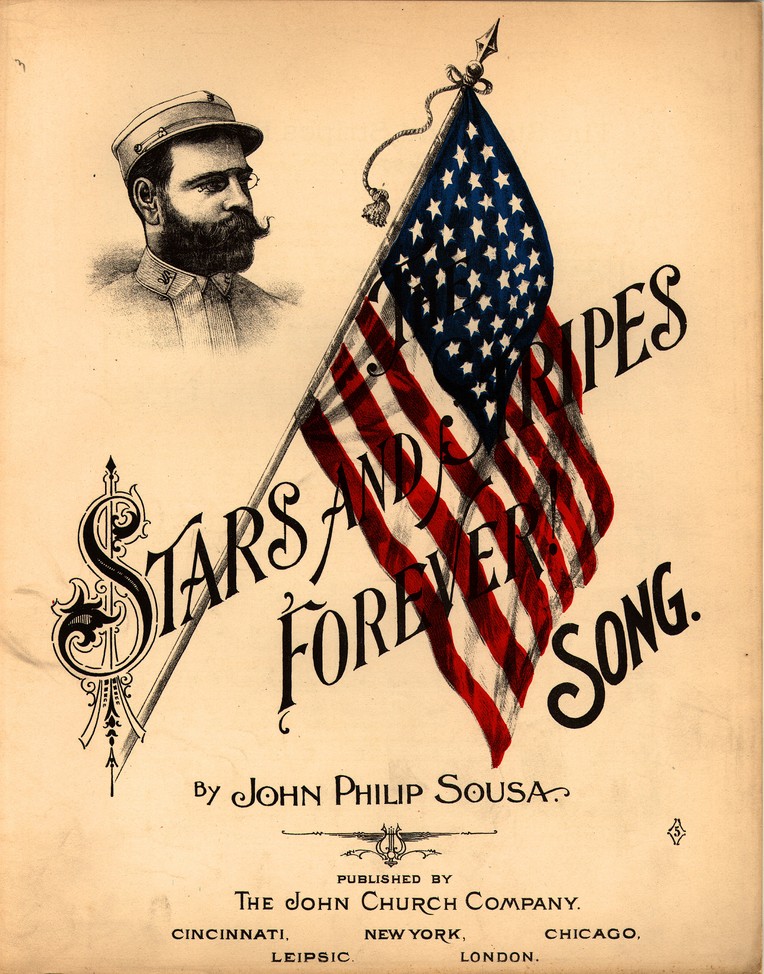RPO musicians do so many things, both musical and non-musical, it can be hard to keep up! We checked in with a few of them to ask how they're spending their summer. Here are a few of their replies!
Erik Behr, principal oboe + Juliana Athayde, concertmaster
Erik Behr, principal oboe + Juliana Athayde, concertmaster
Juliana and I have been representing the RPO at the Mainly Mozart Festival Orchestra in San Diego. This is a three week music festival comprised of all-star musicians who are concertmasters and principals in their respective orchestras from all around the country including the Cleveland, Philadelphia, NY Philharmonic, LA Philharmonic, Metropolitan Opera Orchestra and others.
We have also both just completed a teaching week at the National Orchestral Institute. This is a premier summer festival for college music majors that will prepare them for professional careers in music performance. We coached violins and oboes and led sectional rehearsals.
I’ve just spent June recording a solo album with concert organist Amanda Mole, assisted by members of my quartet (Hohenfels Trombone Quartet). RPO Second Trumpeter Wes Nance also helped out with some of the production. It should be released in early 2019 and will feature works by Schiffmann, Guilmant, Schnittke, Liszt, Ives, Gárdonyi, Fauré, and Schickele.
Rebecca Gilbert, principal flute
I will be playing a Wind Quintet Concert in Lake City, Colorado with a group of musicians from the Dallas Symphony, Amarillo Symphony, and the New Mexico Symphony. Lake City is billed as the “The Most Remote Place in the Lower 48”. My husband and two sons will be joining me for 6 days of San Juan Mountain adventures including horseback riding in the high country, 4-wheel drive to a ghost town, hiking, and fishing.
Perrin Yang, violin
I play in a blues/rock band called Significant Other. On June 23, we had the opportunity to perform on the big East Ave. and Chestnut stage for the Xerox Rochester International Jazz Festival, opening for Brain Setzer and his band. The weather was a little dicey leading up to the show, but turned out very nicely, so we had lots of fun playing to a great energetic crowd of several thousand people! (Photo credit to Aaron Winters)
Eric Polenik, bass
Mary
and I visited her parents in Belgium this June. We took a side trip to
London because Mary had always wanted to visit the National Observatory
and Prime Meridian. While there I proposed and now we are engaged! I
told her that we would always know where to find our love. We’re going
to spend the rest of the summer dreaming up plans for our wedding. I
think we know a few good musicians for the ceremony.
Margaret Leenhouts, violin
I have a grab bag of activities for this summer. I"ll be teaching violin at Nazareth college, played the Seal concert to open the jazzfest, and have a nice jazz gig at RIT in the middle of the summer. I'm looking forward to my weeks with the RPO and I'll be finishing my musical summer by playing in the pit with the Finger Lakes Opera. Its not all work, though. My family is off to a week of hiking in Iceland in early July and we will be hosting our Japanese exchange student's parents later in the month. We are looking forward to improving our language skills!
Stephen Laifer, horn + Nikki LaBonte, horn
Assistant Principal Horn Nikki Labonte and I spent a day hiking in the White Mountains of New Hampshire. The plan was to complete an eight-mile loop summiting three peaks (Little Haystack, Lincoln, and Lafayette). Unfortunately the weather was against us: thick cloud cover, gale force winds, and zero visibility. We found our way to a forestry service hiking hut, grabbed a cup of coffee, and started to head back to the car when the clouds burned off. Nikki suggested we do the entire route in reverse - and I grudgingly agreed. Weather the second time was spectacular, and we wound up hiking nearly 13 miles in 10 hours, a very long but rewarding day.
Assistant Principal Horn Nikki Labonte and I spent a day hiking in the White Mountains of New Hampshire. The plan was to complete an eight-mile loop summiting three peaks (Little Haystack, Lincoln, and Lafayette). Unfortunately the weather was against us: thick cloud cover, gale force winds, and zero visibility. We found our way to a forestry service hiking hut, grabbed a cup of coffee, and started to head back to the car when the clouds burned off. Nikki suggested we do the entire route in reverse - and I grudgingly agreed. Weather the second time was spectacular, and we wound up hiking nearly 13 miles in 10 hours, a very long but rewarding day.
 Herb Smith, trumpet
Herb Smith, trumpetMy trio played at Unter Biergarten on 6/26 during the Jazz Fest as an RPO Ensemble with thousands of people around listening. A lot of fun, beer, pretzels, and music was had by all.
John Sullivan, violin
I recently completed training for and started my own sideline business as a Voice Actor/Voice Over Artist. My voice is for hire! Here’s a link to my demos, if anyone may be curious to check them out:
I recently completed training for and started my own sideline business as a Voice Actor/Voice Over Artist. My voice is for hire! Here’s a link to my demos, if anyone may be curious to check them out:







